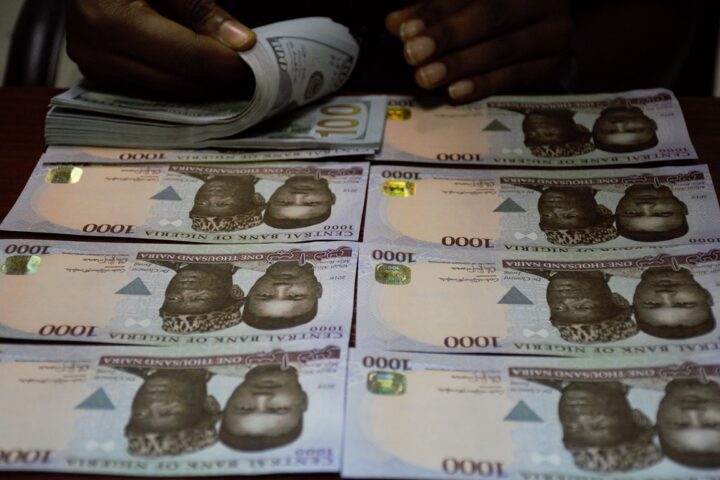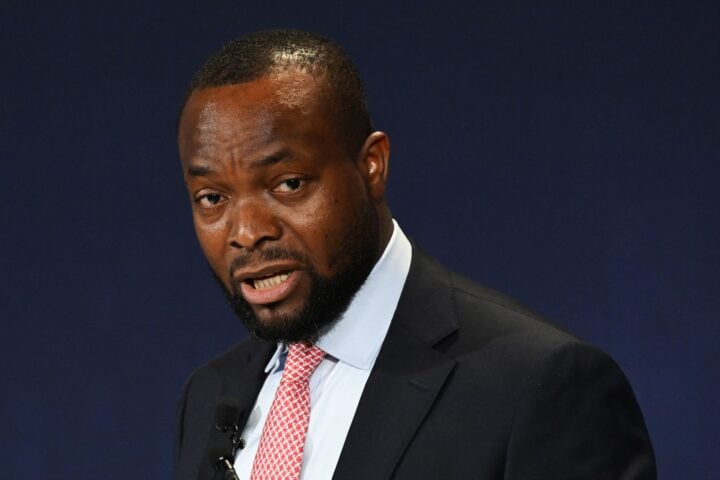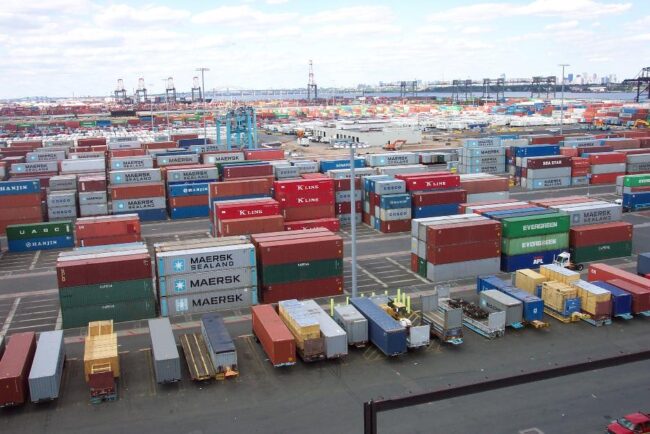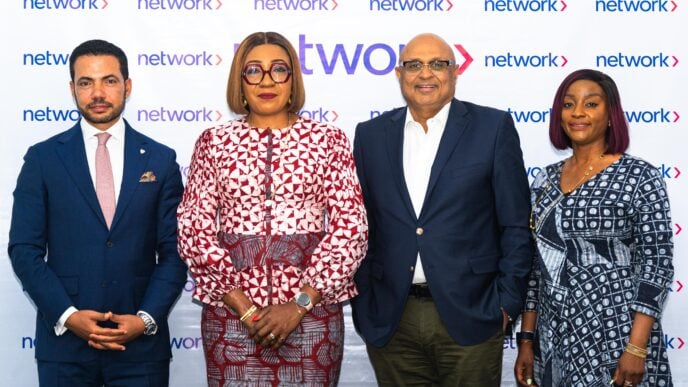The Nigerian Association of Chambers of Commerce, Industry, Mines, and Agriculture (NACCIMA) says the non-payment of foreign exchange (FX) forwards has severely crippled affected companies, pushing many towards bankruptcy.
FX forward transactions relate to the buying or selling of foreign currencies at a predetermined price on a future date.
Dele Oye, the president of NACCIMA, who spoke recently, said the non-payment of the FX forwards had severely affected companies.
He said businesses and banks involved are now burdened with exorbitant interest rates, averaging over 35 percent, noting that the issue has affected relationships with international trading partners.
Advertisement
Oye said the association had been proactive in addressing the issue of outstanding FX forwards.
He said the group had engaged in rigorous advocacy, urging Olayemi Cardoso, the CBN governor, to reconsider the bank’s stance for several reasons, including the potential impact on the economy.
“If the issue is not resolved amicably, forcing companies to settle at current exchange rates, it could lead to a further crash in the value of the naira, as the market cannot sustain such a massive demand for US dollars,” Oye said.
Advertisement
“The inability of companies to absorb the exchange rate differences and loan interests could lead to widespread bankruptcies, exacerbating economic instability.”
Between 2022 and 2023, Nigerian companies and small and medium enterprises (SMEs) met with the apex bank for an amount of foreign currency at a predetermined rate on a future date.
On September 26, 2023, the CBN governor, said the apex bank was working on settling the $7 billion FX backlog liabilities.
The apex bank, which began clearing the debt in November 2023, released $500 million to various sectors to address the backlog of verified FX transactions.
Advertisement
On February 5, Cardoso said $2.2 billion had been paid but $2.4 billion out of the acclaimed $7 billion outstanding FX backlog was not valid for settlement, following an enquiry into the transactions.
Over a month later, the CBN announced that all outstanding verified FX obligations had been settled.
Cardoso had also said the bank had contracted the Economic and Financial Crimes Commission (EFCC) to investigate suspicious transactions to prosecute individuals and entities with fraudulent entries.
‘CBN’s DECISION LACKED PROCEDURAL FAIRNESS’
Advertisement
However, NACCIMA said the apex bank’s decisions lacked procedural fairness as affected companies were neither issued queries nor allowed to respond to the findings before conclusions were drawn.
Oye also alleged that there was a unilateral breach of contract, adding that the CBN’s appointment of Deloitte and subsequent actions without involving the companies constituted a breach of contractual agreement.
Advertisement
He said such unilateral decisions were null and void, infringing on the companies’ right to a fair hearing.
“We have escalated the matter to the Hon. minister of finance, the Hon. Minister of industry, trade and investment, and the house committee on SME at the national assembly, highlighting the unconstitutional nature of the CBN’s actions,” Oye said.
Advertisement
In an interview with TheCable, Segun Ajayi-Kadir, president of the Manufacturers Association of Nigeria (MAN), had said some businesses whose monies have been trapped have expressed concerns that the outcome of the probe had taken too long to conclude as their companies continued to suffer.
He said affected businesses would continue to engage the CBN until the issue was resolved.
Advertisement
Add a comment







